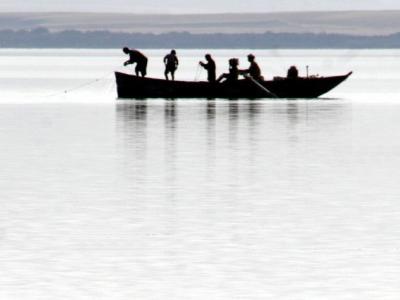Coastal populations and assets worldwide are on the front lines of climate change, facing increasing threats from sea-level rise, storm surges, flooding and ecosystem degradation. The loss of coastal wetlands, beach forests, mangroves, seagrasses and coral reefs not only endangers biodiversity but also weakens natural defenses against extreme weather events.
To strengthen resilience, UNDP promotes integrated, ecosystem-based, climate-resilient management of the world’s rivers, lakes, and oceans. Key areas of work include watershed management and catchment rehabilitation; sustainable land management; coastline protection; and promoting integrated water resource management systems. Recognizing the interconnected challenges, UNDP’s urban resilience and ecosystem-based adaptation programming is also preparing coastal communities and habitats to become more resilient to climate shocks.
Partnerships
The Ocean Innovation Challenge (OIC) is issuing a series of 'Ocean Challenges' or Requests for Proposals, each focused on a specific SDG14 target. Initial concepts may be submitted by public or private entities, including governments, private companies (including start-ups), NGO/civil society organizations, United Nations entities, academic institutions, and intergovernmental organizations.
UNDP will deliver on its Ocean Promise through our Ocean Programme, which comprises a range of ongoing and new projects and initiatives dedicated to tackling the ocean crisis. By 2030, 100 coastal countries (including all Small Island Developing States) will realize the maximum potential of their blue economies through sustainable, low-emission, and climate-resilient ocean use — that grows economies, creates jobs and livelihoods, improves food security, and reduces poverty, inequity and gender inequality.
















